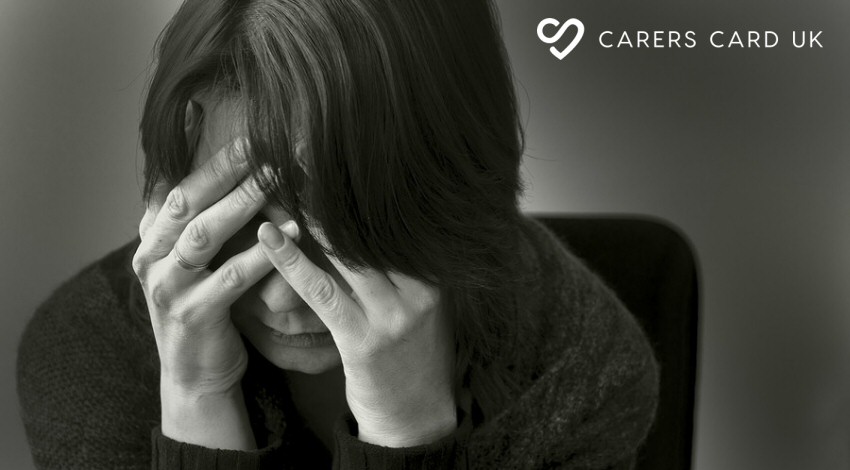What are the signs that I'm falling into depression?
Caring for a loved one can be emotionally challenging, and it's important to be aware of the signs that you may be falling into depression. Here are some common signs to look out for.

Persistent sadness or low mood
If you consistently experience feelings of sadness, emptiness, or hopelessness that persist for an extended period, it may be a sign of depression. These feelings may not be directly related to your caregiving responsibilities but may impact your overall well-being.Loss of interest or pleasure
A noticeable loss of interest or enjoyment in activities that you used to find pleasurable or fulfilling can be a sign of depression. This can include hobbies, socialising, or engaging in activities that were previously meaningful to you.Changes in appetite or weight
Significant changes in appetite, such as a decrease or increase in eating, can be a symptom of depression. These changes may result in significant weight loss or weight gain.Sleep disturbances
Depression can affect your sleep patterns. You may experience difficulty falling asleep, staying asleep, or excessive sleeping (hypersomnia). These disruptions can impact your overall energy levels and well-being.Fatigue and loss of energy
Feeling constantly fatigued, even after getting enough sleep, is a common symptom of depression. You may experience a lack of energy and find it difficult to perform everyday tasks or fulfil your caregiving responsibilities.Difficulty concentrating or making decisions
Depression can affect your cognitive function, making it challenging to concentrate, focus, or make decisions. You may find it harder to remember information or feel mentally "foggy."Feelings of guilt or worthlessness
Experiencing excessive or irrational feelings of guilt, self-blame, or worthlessness can be indicative of depression. You may harshly judge yourself or feel responsible for things that are beyond your control.Withdrawal from social activities
Depression can lead to a desire to isolate yourself from social interactions or withdraw from activities you used to engage in. You may feel disconnected or believe that others wouldn't understand what you're going through.Physical symptoms
Depression can manifest in physical symptoms such as headaches, digestive problems, chronic pain, or general bodily discomfort without a clear medical cause.It's important to note that experiencing a few of these symptoms doesn't necessarily mean you have depression. However, if you notice several of these signs persisting for an extended period (typically two weeks or longer) and if they significantly impact your daily functioning and well-being, it is advisable to seek professional help.
Consulting with a mental health professional, such as a therapist or counsellor, can provide a comprehensive assessment and guide you towards appropriate support and treatment options. They can help you navigate your emotions, develop coping strategies, and support your overall mental health as you continue to care for your loved one.
Posted: 29/05/2024
